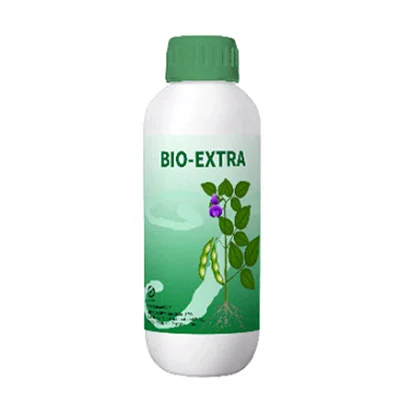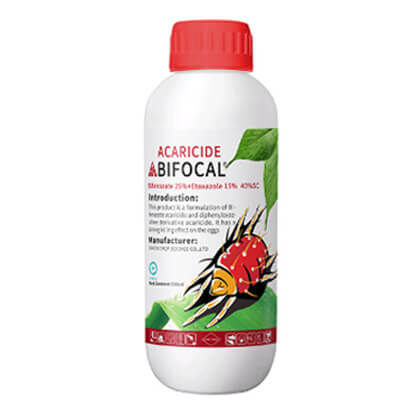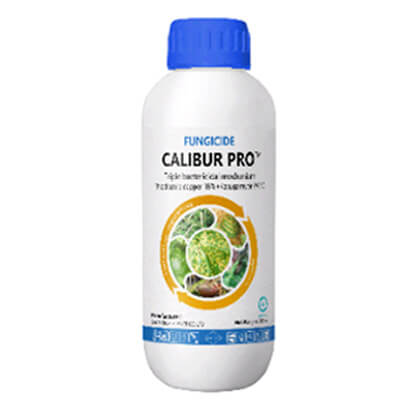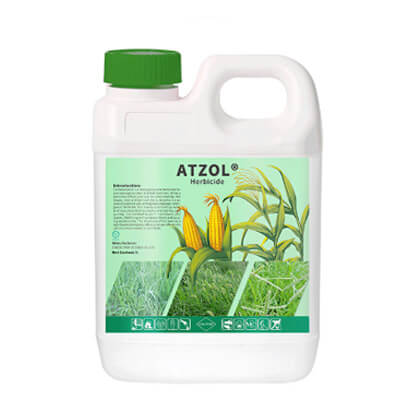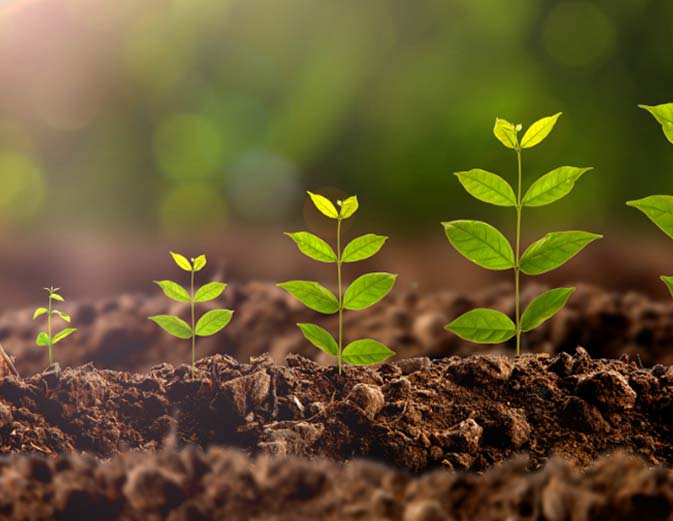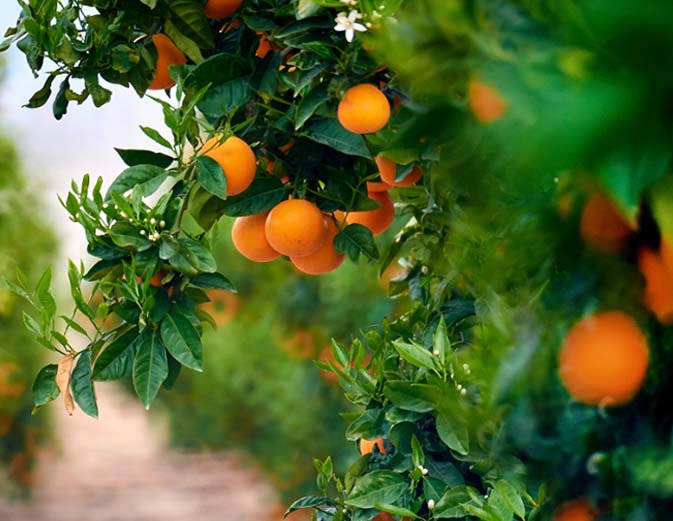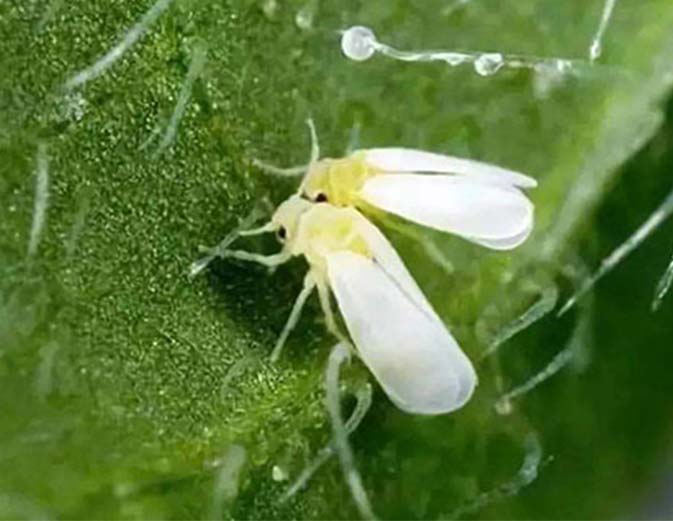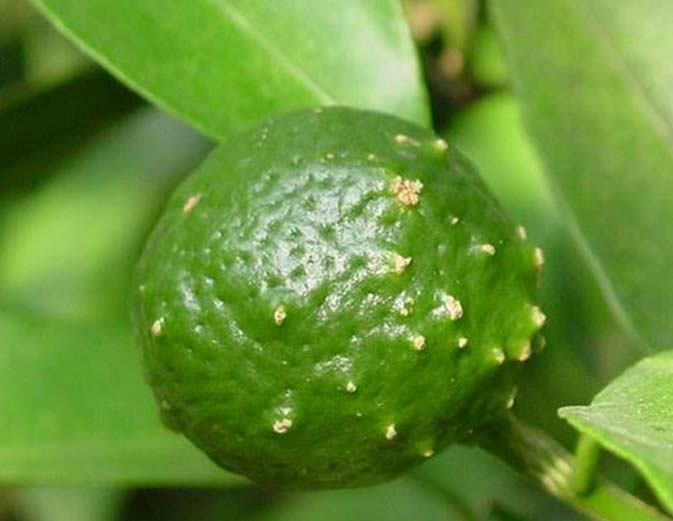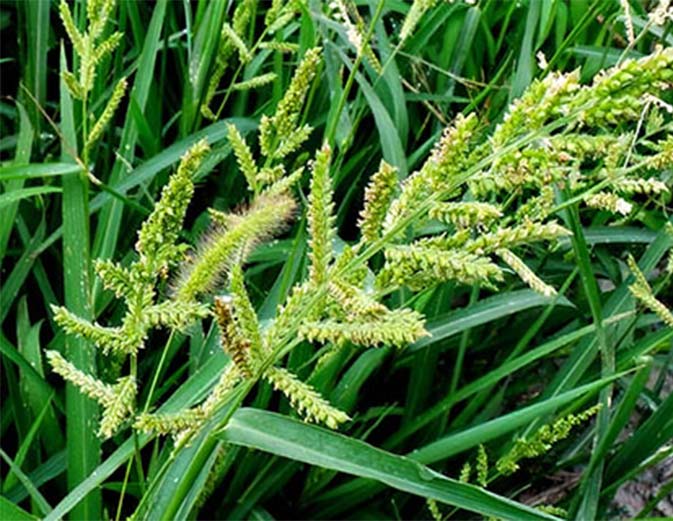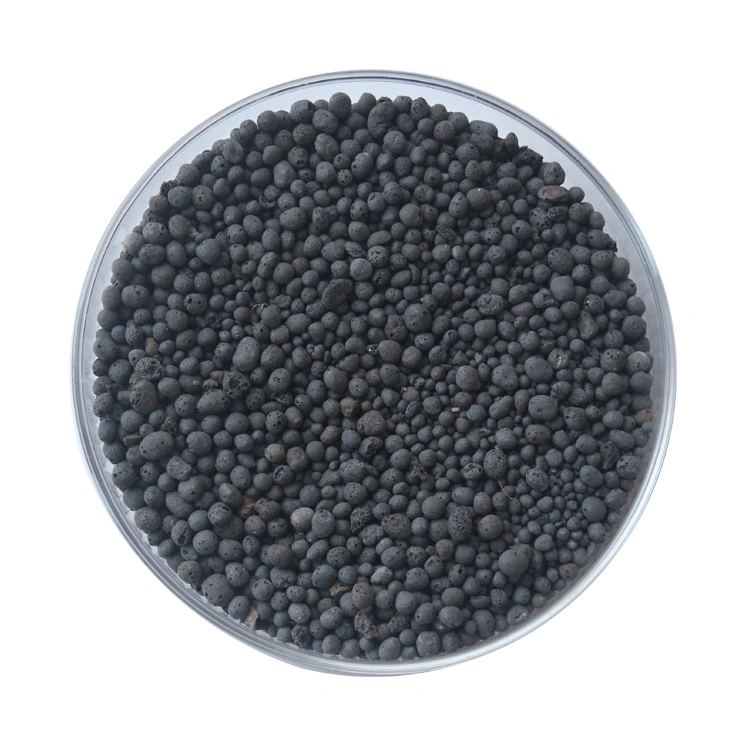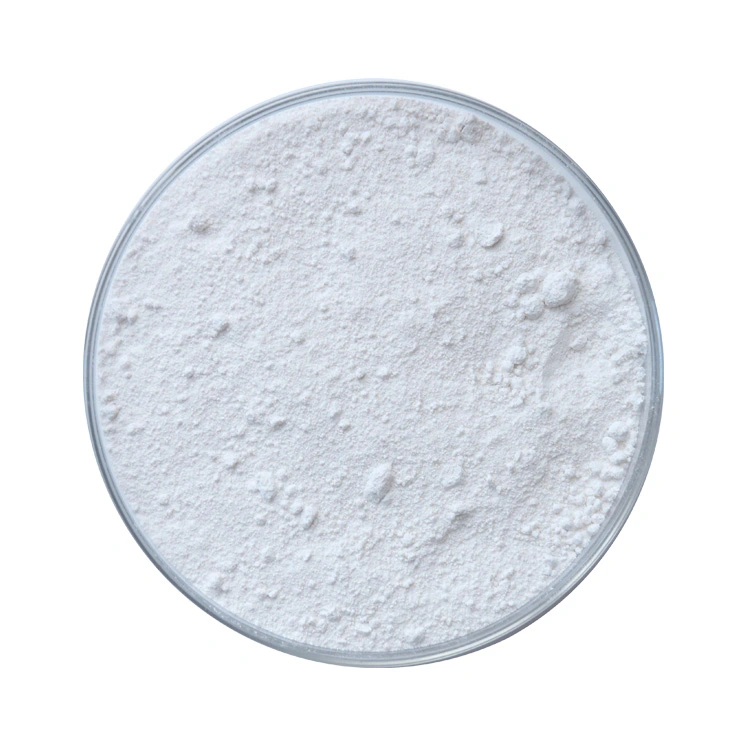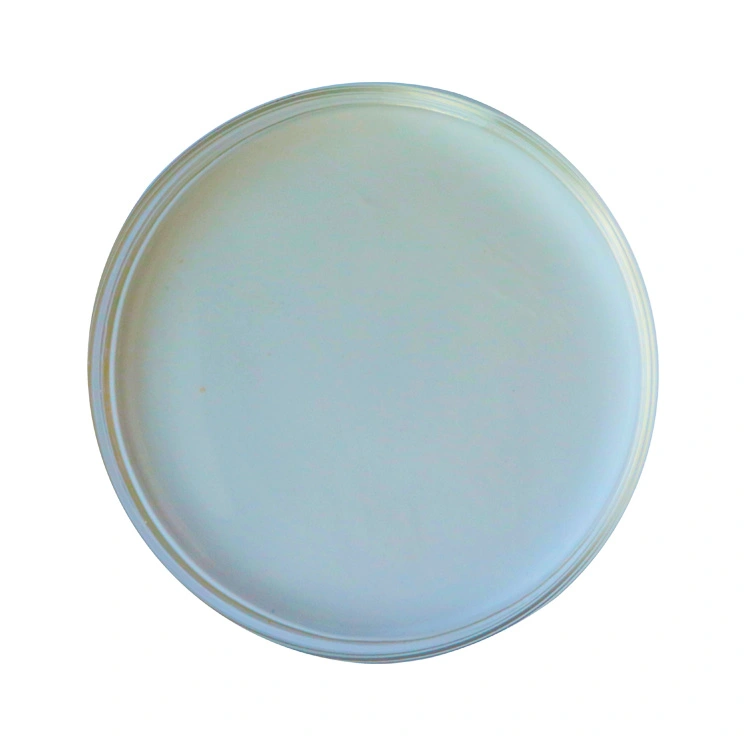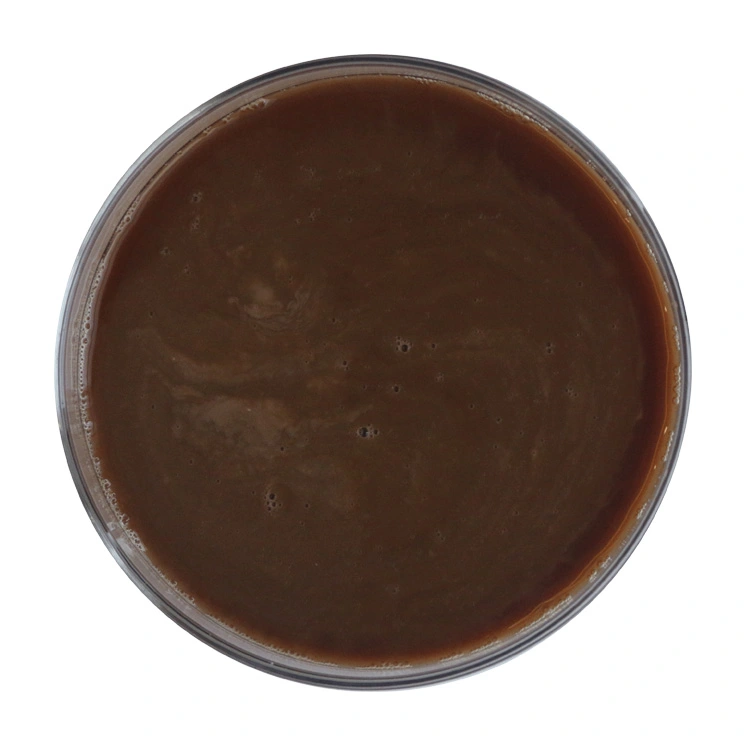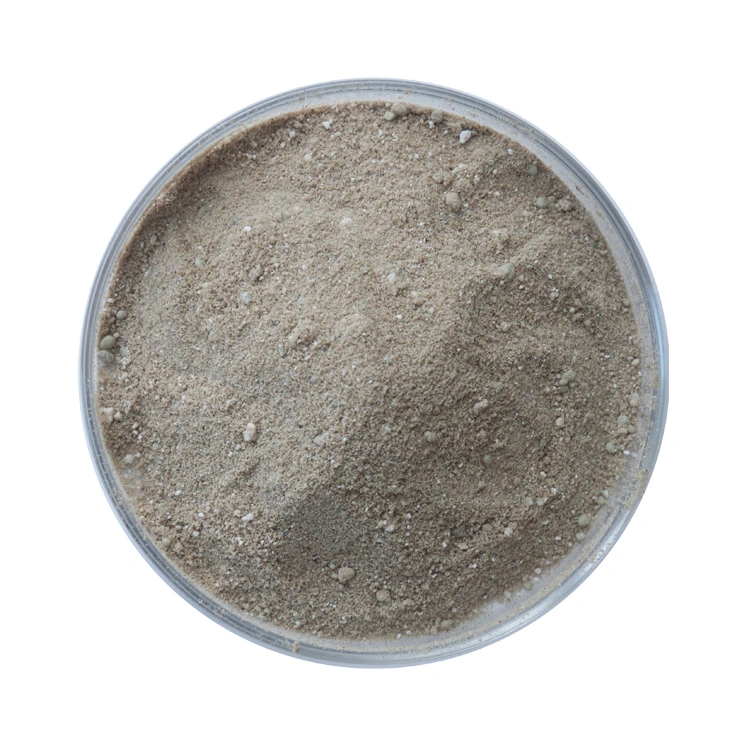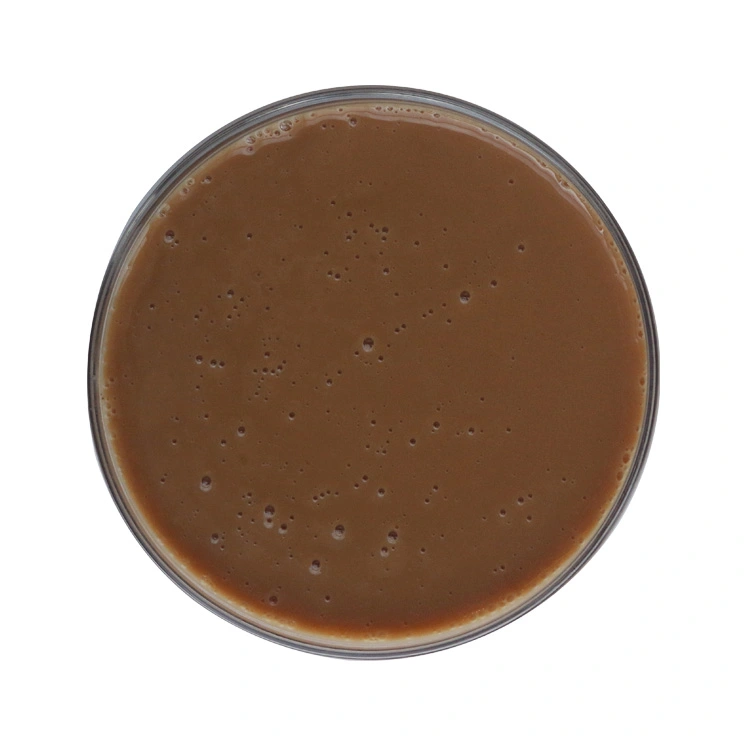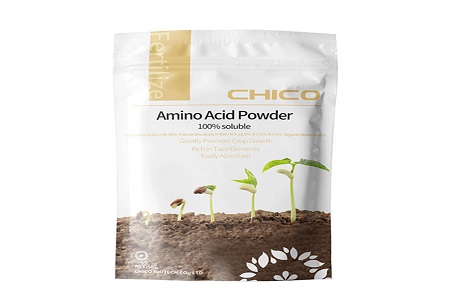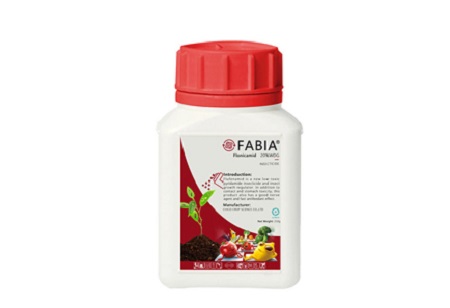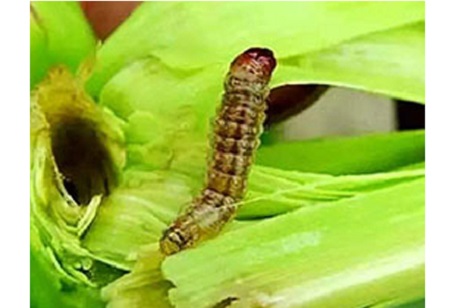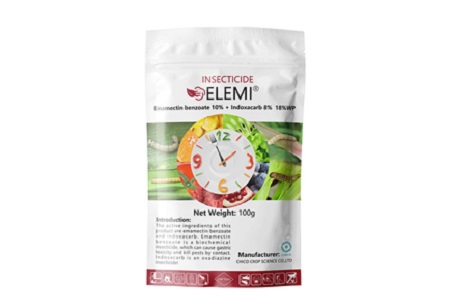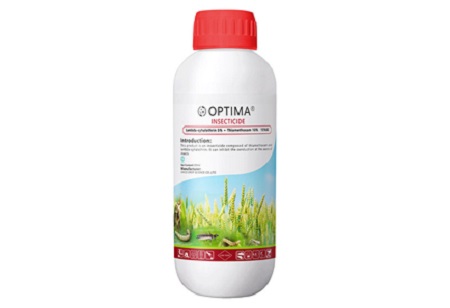
Bio Stimulant
A biostimulant is a substance or microorganism that is applied to plants or soils to enhance plant growth, health, and productivity. It provides essential nutrients to plants, biostimulants work by enhancing the plant's natural processes and increasing its ability to absorb and use nutrients.
Bio Stimulant for Sale
- ARPHA GOLD® - Bio Arbuscular Mycorrhiza Fungal AFM Soil Conditioner
- BIO-CUT® - Special Bio stimulant control Nematodes in 10 mins
- BIO AMINO® Organic Bio Amino Acid Fertilizer
- BIO EXTRA® Brassinolide + Bio Organic Fertilizer
- CONQUER® -Bio Fertilizer for Soil-borne
- COOSA® -Bio Amino Acid Fertilizer Against Mites
- CULAR® -Bio Fertilizer for Citrus Huanglong Diseases
- CURER® -Bio Fertilizer for Fungal Diseases
What's the Function of Bio Stimulant?
-

Biostimulants assist in combating the effects of environmental stresses
Biostimulants promote enhanced germination and root development, leading to increased vigor and greater stress resistance. An enhanced root system promotes more efficient nutrient and water uptake and translocation throughout the growing season.
-

Biostimulants increase grain fill and quality
Promoting growth and improving a plant's metabolism can benefit overall plant growth and health. In addition, providing a catalyst at specific developmental stages can lead to increased yield, improved uniformity and overall crop quality.
-

Biostimulants encourage plant growth.
Biostimulants generally operate through different mechanisms than standard fertilizers and provide essential nutrients for plant metabolism that stimulate plant growth. These metabolic pathways upregulate gene expression that can have an effect on cell division and sizing, root and shoot growth, and reproductive development and timing.
Important Considerations Before Applying Bio Stimulant
Some biostimulants are derived from mammalian tissue by-products, including pork and beef material – check that your trade customers or buyers are happy for you to use such materials.
If using a biostimulant containing microorganisms, consider the environment in which they will be used.
Carefully follow product labels for time and rate of application. If necessary, consult a professional agronomist.



